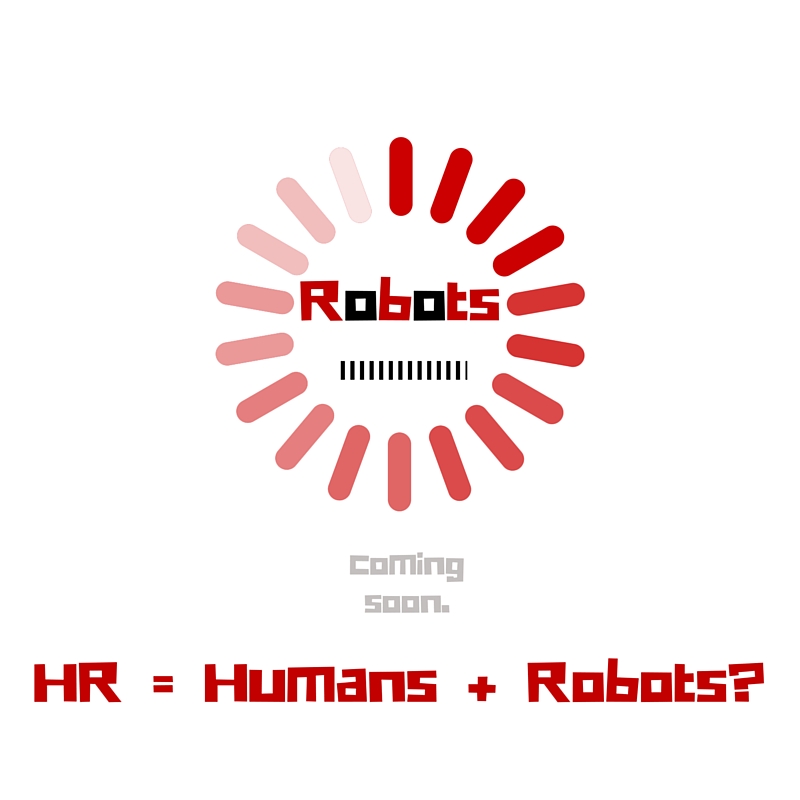This blog is about robots. It’s a reflection after having read Martin Ford’s The Rise of the Robots.
The perfect Employee
Imagine an employee who never gets sick. Who is happy to the job. Imagine that this employee never questions his or her salary. Isn’t jealous and does not compare with others. This employee is predictable and does not complain about physical or mental strains and works impressive hours without any problem. Moreover this employee is always available for customers and co-workers. Well that employee is a robot.
Robots on the Rise
The robots are on the rise. The progress of technology gives machines unprecedented capabilities. They have improved vision. Their motor skills are improving. The instant access to knowledge bases gives them a know-how that humans do not have. Robots have started to teach themselves games. have a look at this video on the household robot Jibo. Would you like to have one?
But there are also less amusing applications. It is expected that the war scene will be flooded with autonomous military robots. Sometimes they are referred to killer robots. Look at this video:
Or have a look at Atlas, made by Boston Dynamics.
Consequences

So what does this mean? If we can believe Martin Ford we are heading for disaster. First of all, any job can be replaced partially or entirely by some kind of robotic application. Secondly, the progressive introduction of robotics will eradicate middle class demand as labour becomes less valuable in a robotic age. We will need different social policies to cope with the disruptive effect of the robot.
And will HR stand for Humans and Robots? HR should be aware that labour is no longer purely human. The interaction between humans and robots will become crucial. We might see the day that robots like R2D2 and C3PO will roll and walk together with humans. That Robots will take care of the elderly and patients in homes and hospitals. Self driving cars will take us where we want to go. Parcels will be delivered by drones. And our refrigerator will do the orders directly in the shop after which groceries will be delivered automatically by a non-human device. Humans and robots, HR.
I cannot tell you if I am thrilled about this. The consequences will be tremendous and a lot of things that we know today will have become obsolete. Psychologists will have to rethink a lot of theories. Can we relate to robots as we can to animals and other humans? I believe we can. But the moment we forget that a robot is a human-engineered device, we will be in trouble. And before we are settled I expect a huge shift, that will not come about without friction, distortion or loss. The gains are as often is the case, clearer yet more uncertain than the costs.
What do you think?






